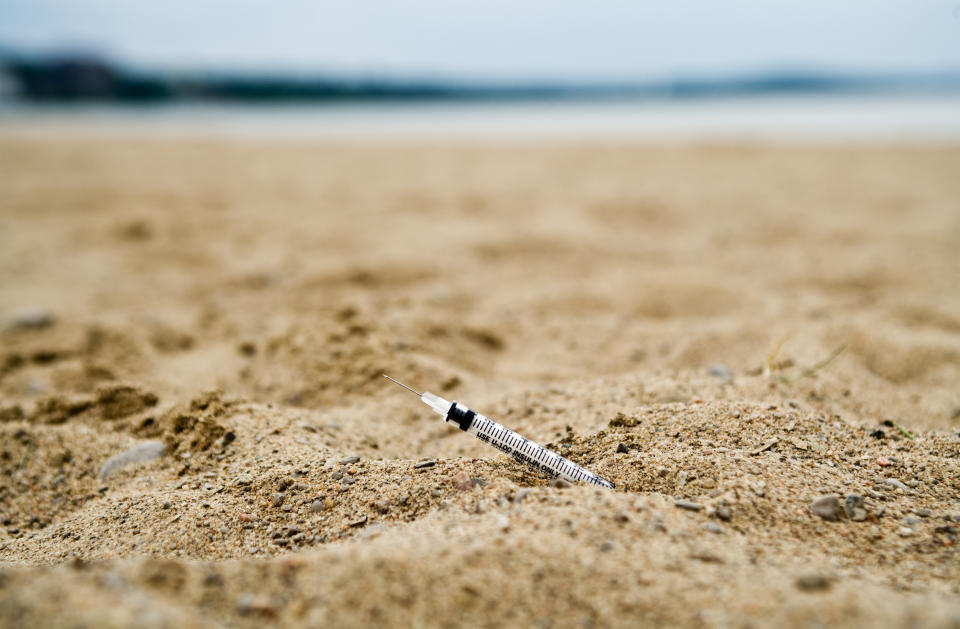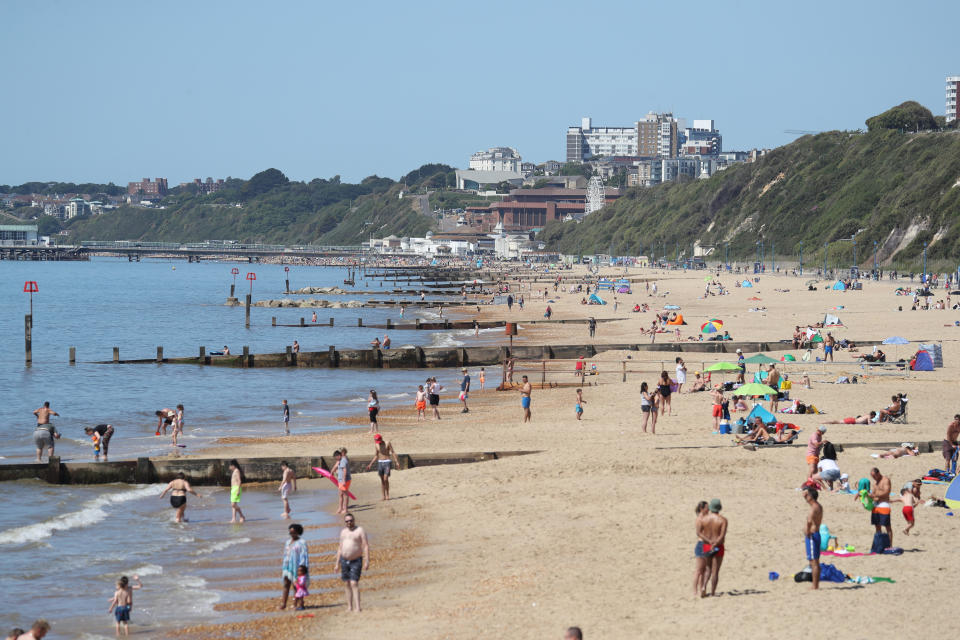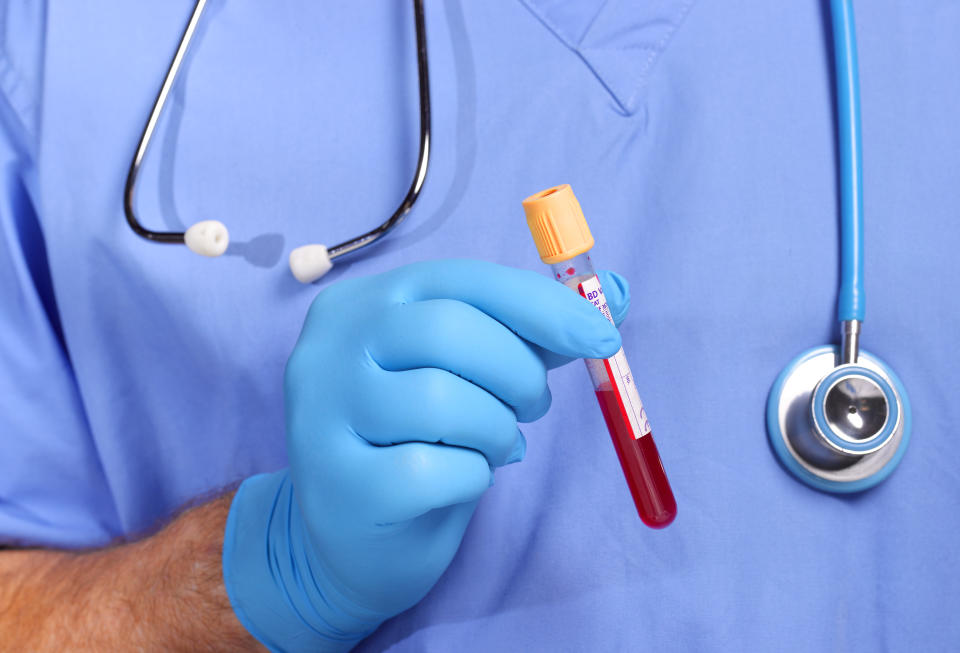Boy, 9, tested for HIV after pricking himself with needle at beach

A nine-year-old boy is awaiting test results for HIV after accidentally pricking himself with a discarded needle on Boscombe beach in Bournemouth.
Dan Spiller said his son Clayton pulled his hand out of the sand and “had a dirty syringe in his finger” – and the father was “gobsmacked” by the response when he sought help.
Spiller initially sought the assistance of the beach ranger on the promenade, but the council official reportedly said he didn’t know where the first aid box was.
Spiller told the Daily Echo: “I am just gobsmacked with how they took care of the situation. The one person who was fantastic was the lifeguard.
“We live in Bournemouth and know the area very well, we go to the beach all the time.”

Spiller said he asked where the manager was but that the ranger “couldn’t radio through to him”.
The family then went to the lifeguard, who gave them antiseptic wipes, took the needle and advised them to go straight to hospital.
Spiller’s partner Ferne took Clayton to hospital, where tests were taken.
Read more: UK begins trial of HIV medicine and steroid as possible COVID-19 treatments
Now the parents will have to spend “eight weeks of worrying” about whether their son has HIV.
Ferne Spiller said: “They were trying to reassure us the chances are low.”
“Because he is under-18 he had injections for hepatitis B and D, we’ll go back in three months for another one. I am just cross, upset and disappointed.”

A spokesperson for BCP Council claimed “no staff working at Boscombe were involved in the incident”.
Councillor Vikki Slade, Leader of BCP Council, told Yahoo News: "Fortunately, occurrences such as this are extremely rare. We clean our beaches on a daily basis and our staff patrol the seafront regularly to ensure the safety of our visitors.
"We have looked into this specific incident and do not believe the person spoken to was a seafront ranger.
“Our rangers are equipped with radios and are certainly aware of the location of first aid kits; indeed many of them are fully trained first-aiders. We have asked other members of staff working that day but have no further indication as to who it was the father spoke with.
"At this time of year, RNLI lifeguards take responsibility for first aid duties on Boscombe Beach and we are very grateful to them for providing an excellent service, as they did on this occasion.
"This must have been a very distressing incident for the family and we wish them well."
Read more: A cure for HIV? Five patients are ‘virus-free’ months after new vaccine
The risk of injury from used syringes found in community settings like beaches causes much concern, especially when children are involved, but “needlestick” injuries are most likely to happen among healthcare workers who are accidentally exposed to infected blood, according to the Aids Map.
Injuries from discarded needles in the community are less common and infections are rare.
Watch: Woman might have been cured of HIV without treatment

 Yahoo Finance
Yahoo Finance 